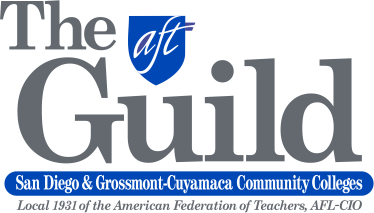After months of foreboding that the California state budget would be a nightmare filled with cuts for our schools and colleges due to revenue loss during the pandemic, things turned around quite dramatically. Unforeseen revenue came in as a result of Proposition 30/55 taxes on the wealthy who did extraordinarily well during the pandemic, while, of course, many other Californians suffered economically. This combined with significant revenue coming from historically huge relief packages at the Federal level, turned this year into a surprisingly good budget year for us.
As the CFT summary notes:
Governor Newsom and the state Legislature came to an agreement on a $263 billion budget that includes reflects the state’s extraordinary surplus and billions from the latest round of federal stimulus funding from the American Rescue Plan.
Spending for K-12 education totals $123.9 billion and is at an all-time high, including the largest ever allocation of Proposition 98 funding for schools and community colleges. The K-12 per pupil funding from all sources will be $21,555 this year ($13,976 per pupil from the state General Fund). Core funding for all three of the state’s public higher education systems and K-12 system’s LCFF will increase by more than 5%.
The budget rebuilds the state reserves, in particular with significant deposits to the Budget Stabilization Account and the state will make its first deposits into the “Proposition 98 Rainy Day Fund,” officially known as the Public School System Stabilization Account. In addition, a 10% cap on most districts’ reserves will be triggered and in effect for 2022-23.
Funding is also included to eliminate all of the K-12 and community college funding deferrals initiated in the 2020-21 budget and support the initial steps towards implementation of Universal Transitional Kindergarten, paving the way for a new grade for public schools.
Along with these developments, the budget is noteworthy in that it brings with it a record COLA of 5.07% and included $100 million in statewide money for full time faculty hires. In addition to this, it included $10 million ongoing and $90 million one-time for adjunct faculty office hours.
While we are pleased with the new money for full-time hires and part-time office hours, we will continue our efforts to push for a part-time faculty load increase which is, at present, stalled in the Senate Appropriations Committee. CFT’s Wealth Tax legislation is also part of our ongoing agenda in Sacramento.






0 Comments